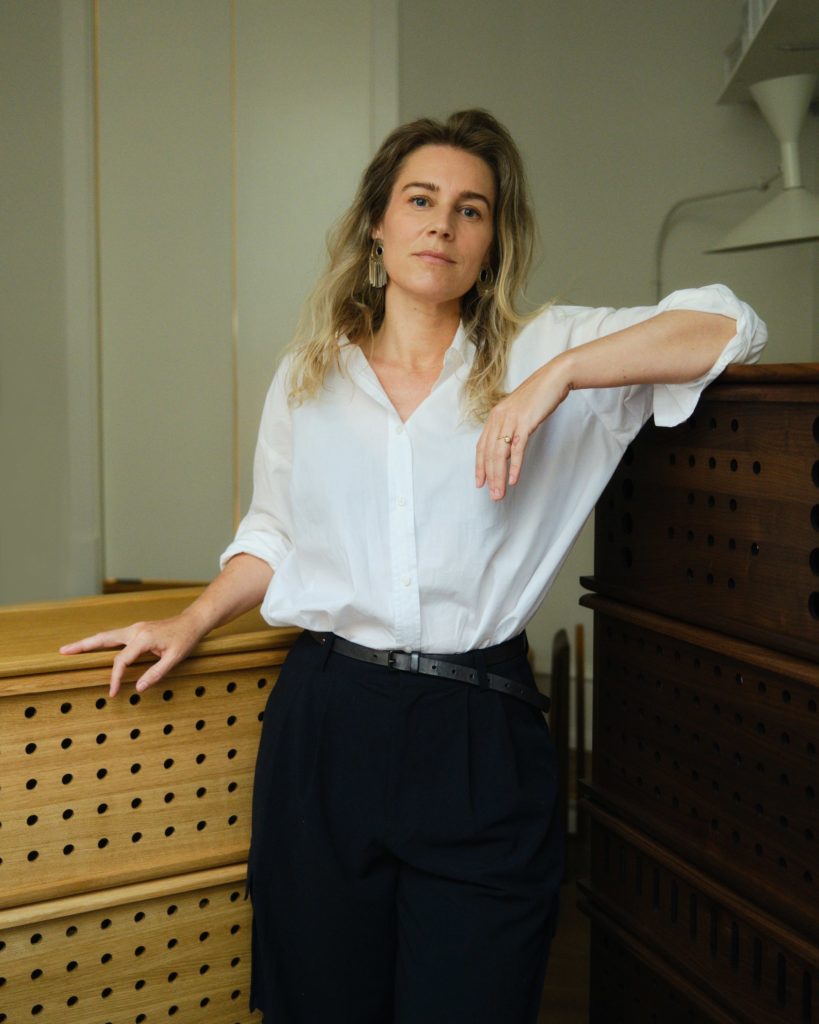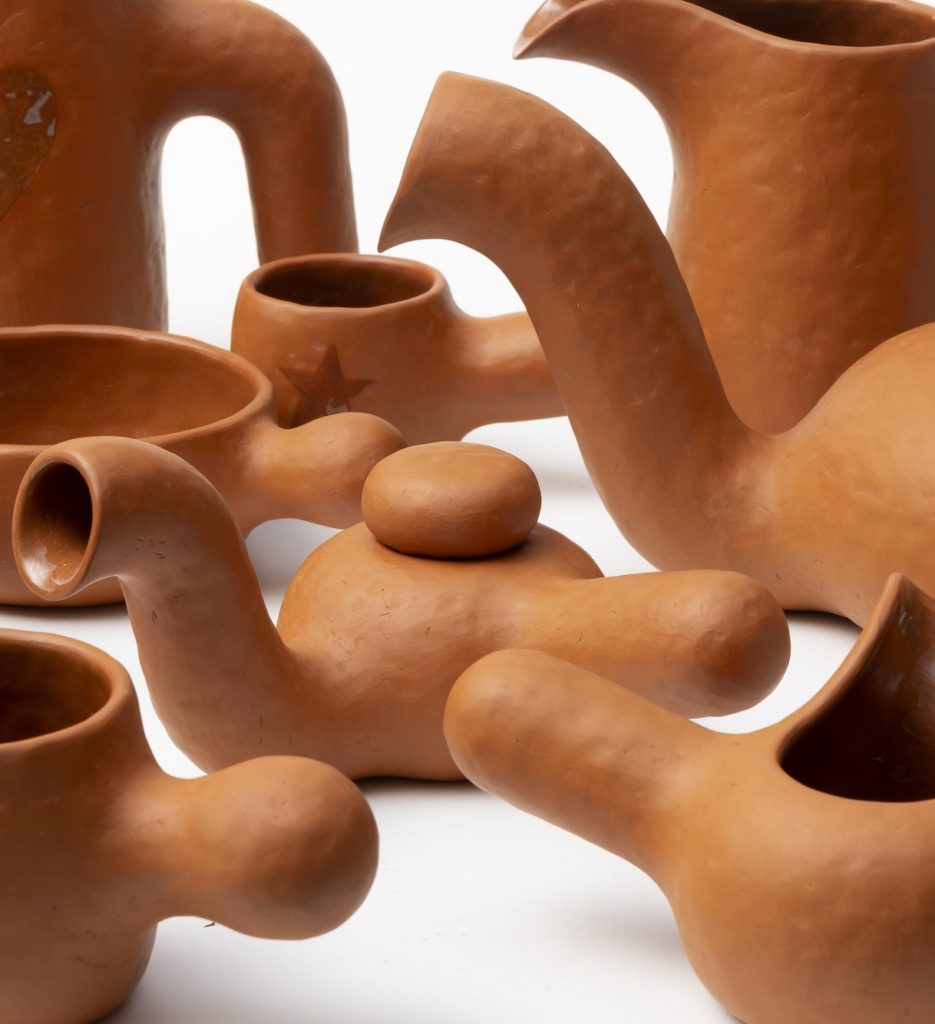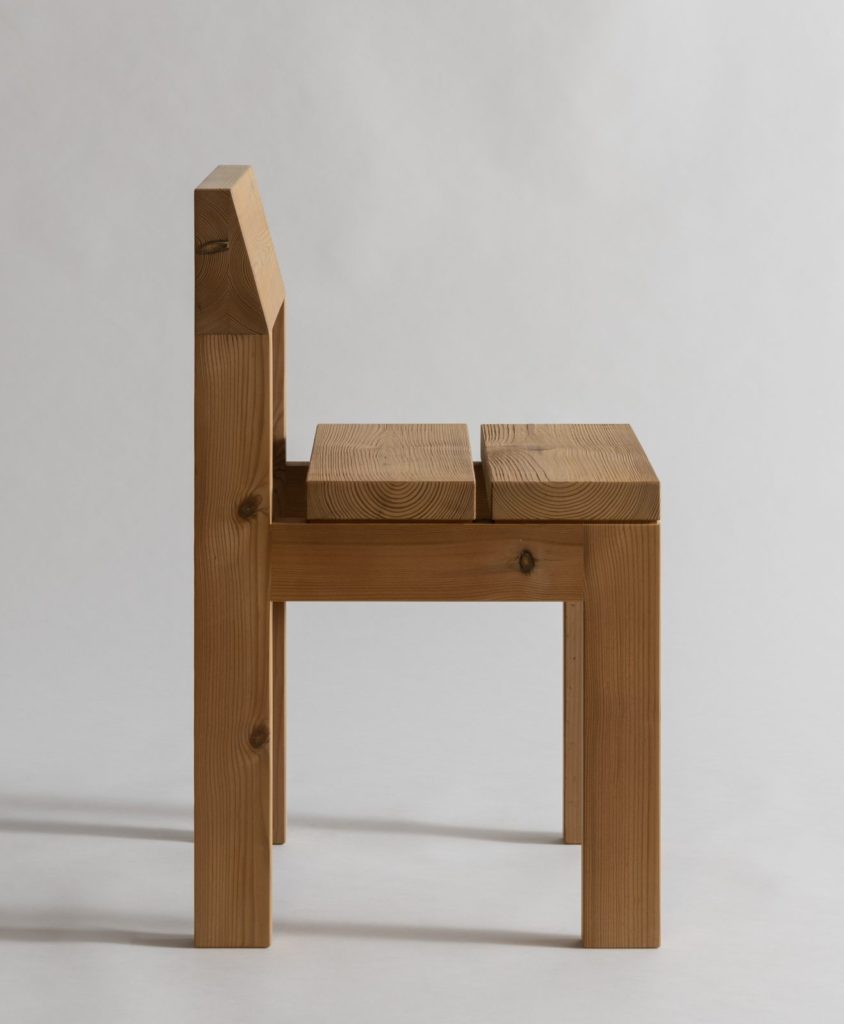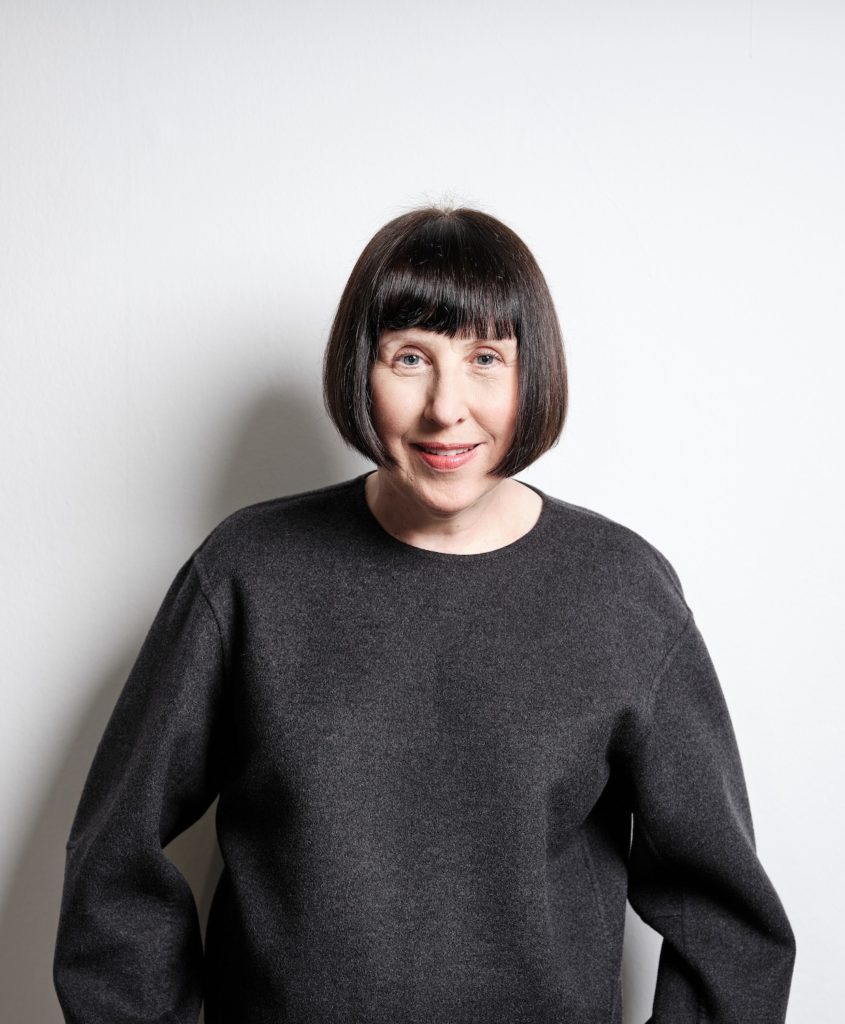Studio visit: Archival Studies
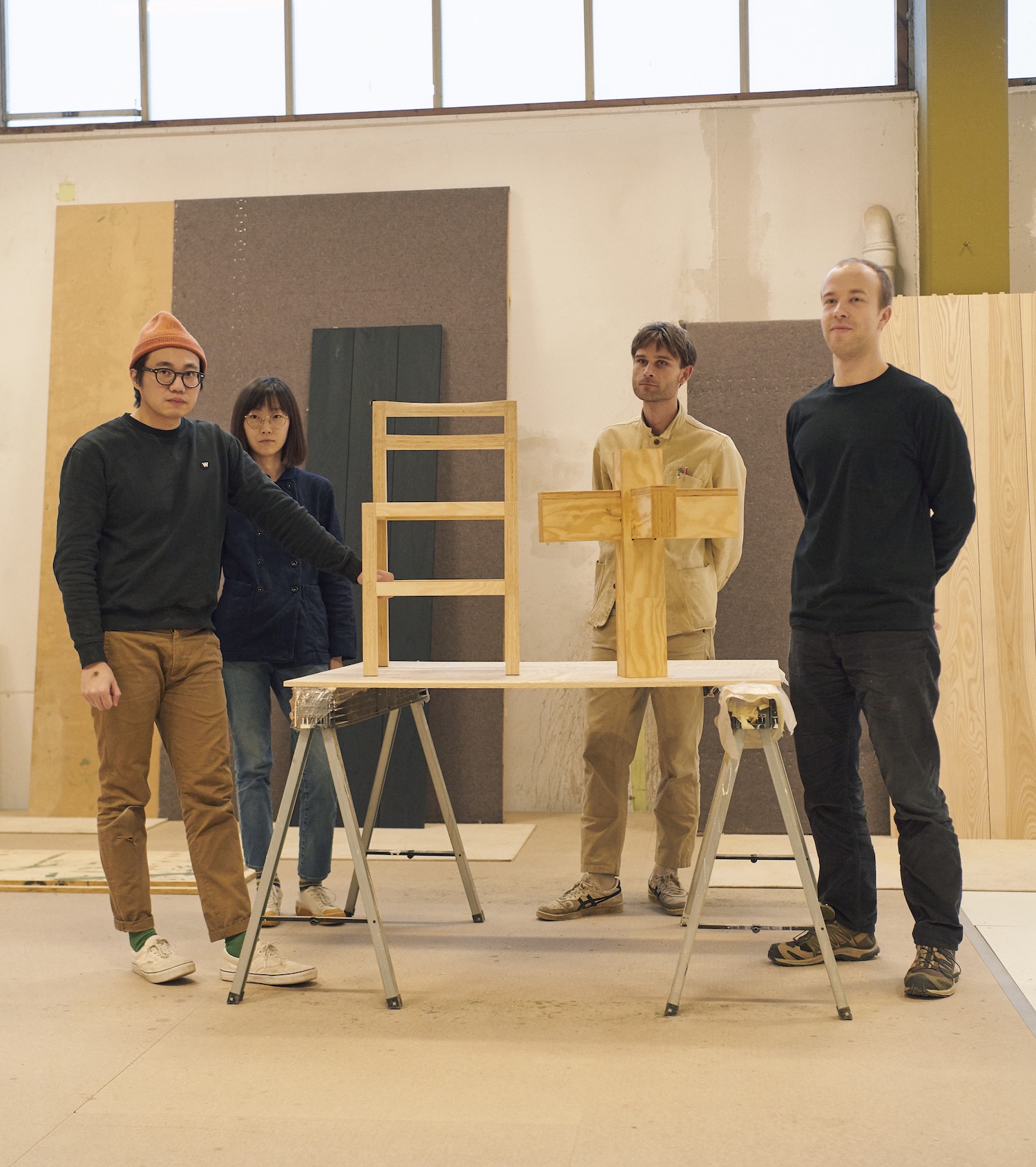
The building blocks of each project for the Danish based architecture and design practice Archival Studies extends from their spread of experiences and expertise. Hailing from all corners of the globe, the practice is informed by, and presented as an international mix of influences, techniques and trainings. What unites this diverse group is an importance in grounding each project within its own context – whether through geography, history, materiality or design process. It is the coming together of the truly local and fiercely international that makes Archival Studies stand out.
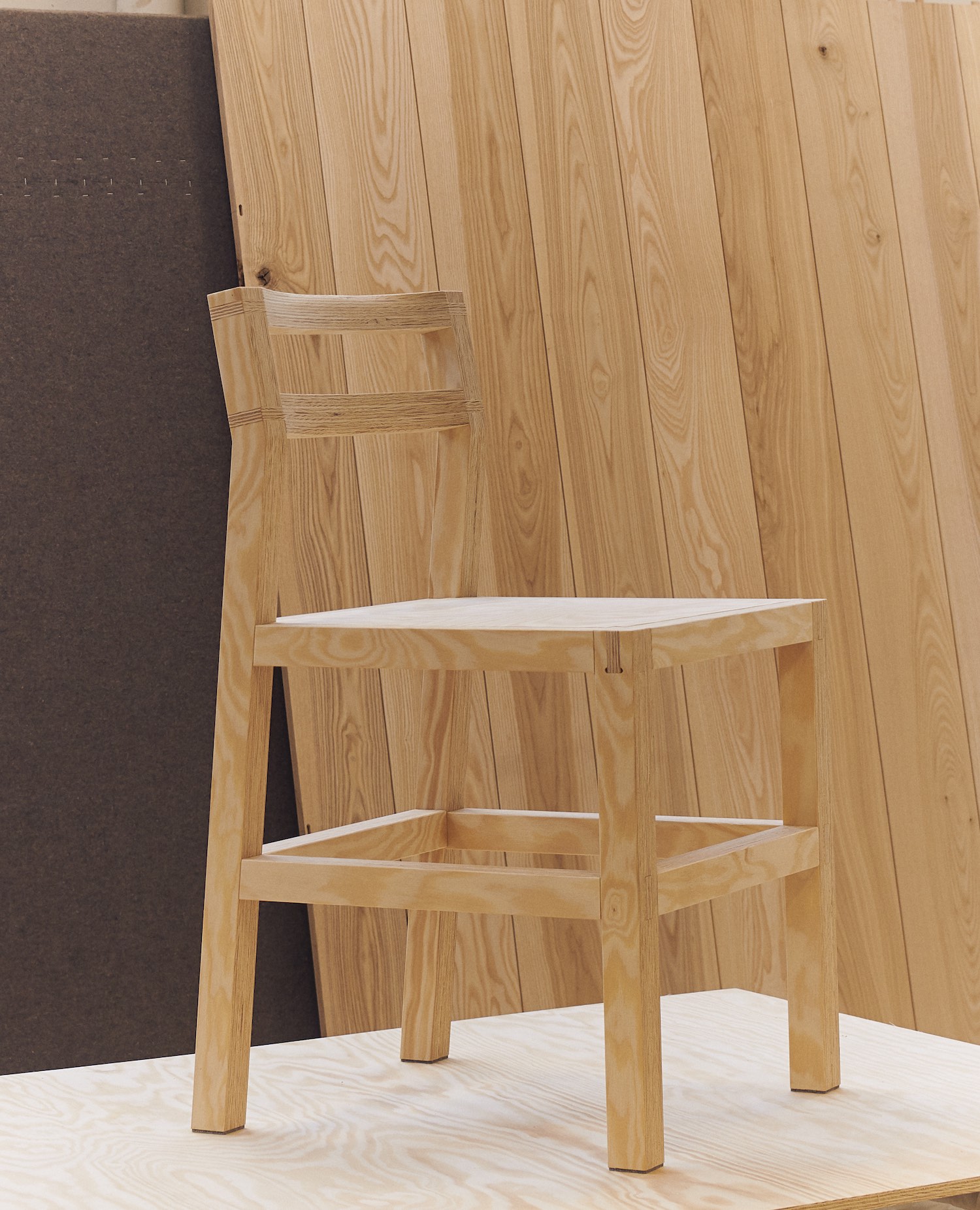
The partners of Archival Studies – Jo Qiang from China, Jesse Yang from Taiwan, Emil Roman Froege from Denmark, and Benediktas Burdulis from Lithuania and the USA, all met whilst working towards their Masters in Architecture at the Cranbrook Academy of Art, outside of Detroit. Now based in Sydhavn – the formerly industrial hub to Copenhagen’s south, the four partners have formed a tight bond through a shared love of architectural history, but also through an appreciation of diverse approaches to their craft. This diversity has been harnessed within their practice as a key component to what makes their projects so intriguing;
“Our four different cultural and educational backgrounds allow us to bring various influences, fascinations, references, techniques, and design processes to the table. Much more so than if we were all coming from the same context. This gives us an opportunity to be equally passionate about influences like traditional Chinese wood joinery, Swiss building techniques, the use of magical color in Mexican architecture, or of American spatial artists.”
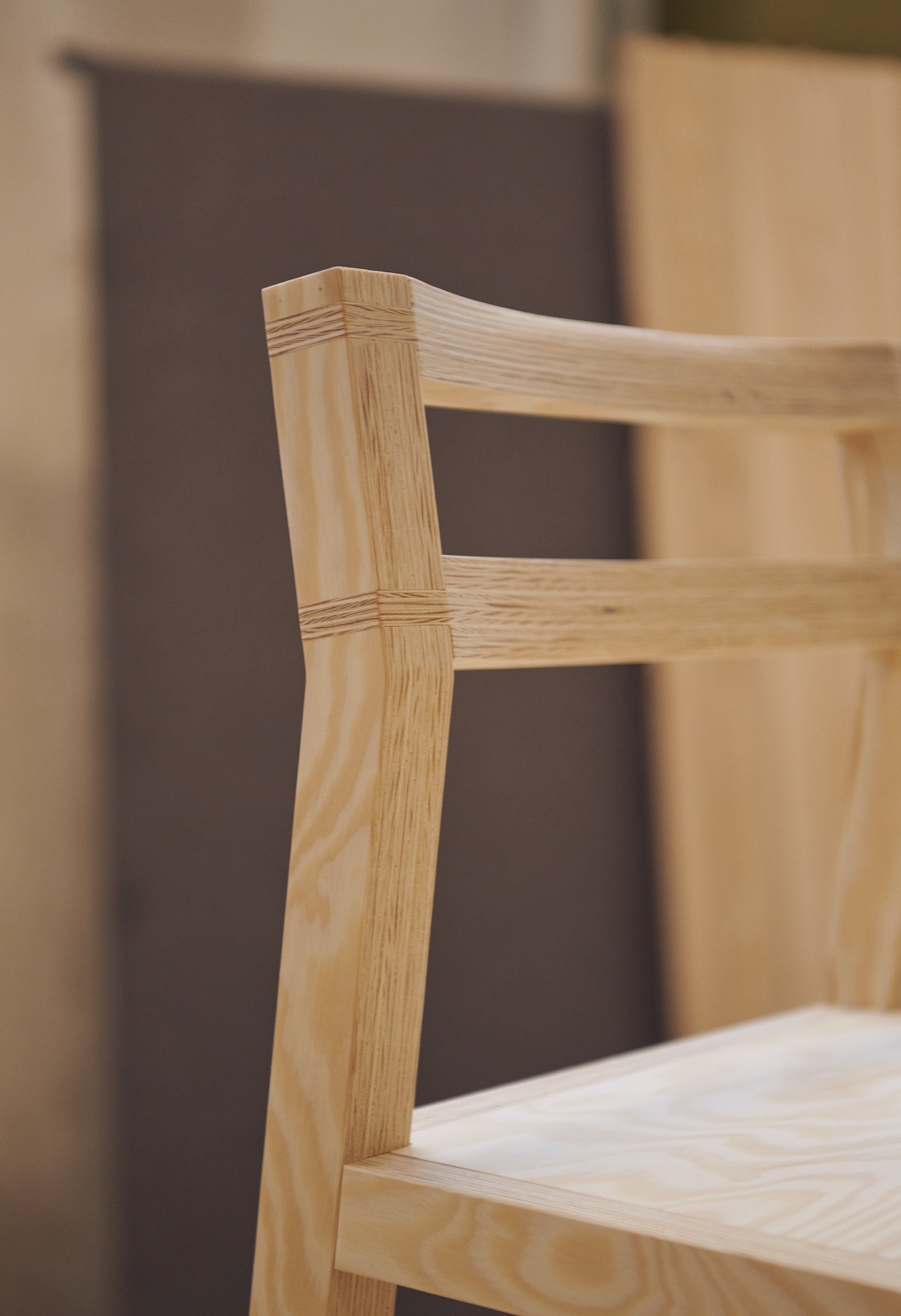
The production of each object and space builds on a philosophy of enabling context to dictate the work of Archival Studies. There is nothing pretentious about their work; rather than importing exotic foreign materials and finishes, projects often utilize local, everyday materials and commonly used production techniques, such as CNC routing and laser cutting.
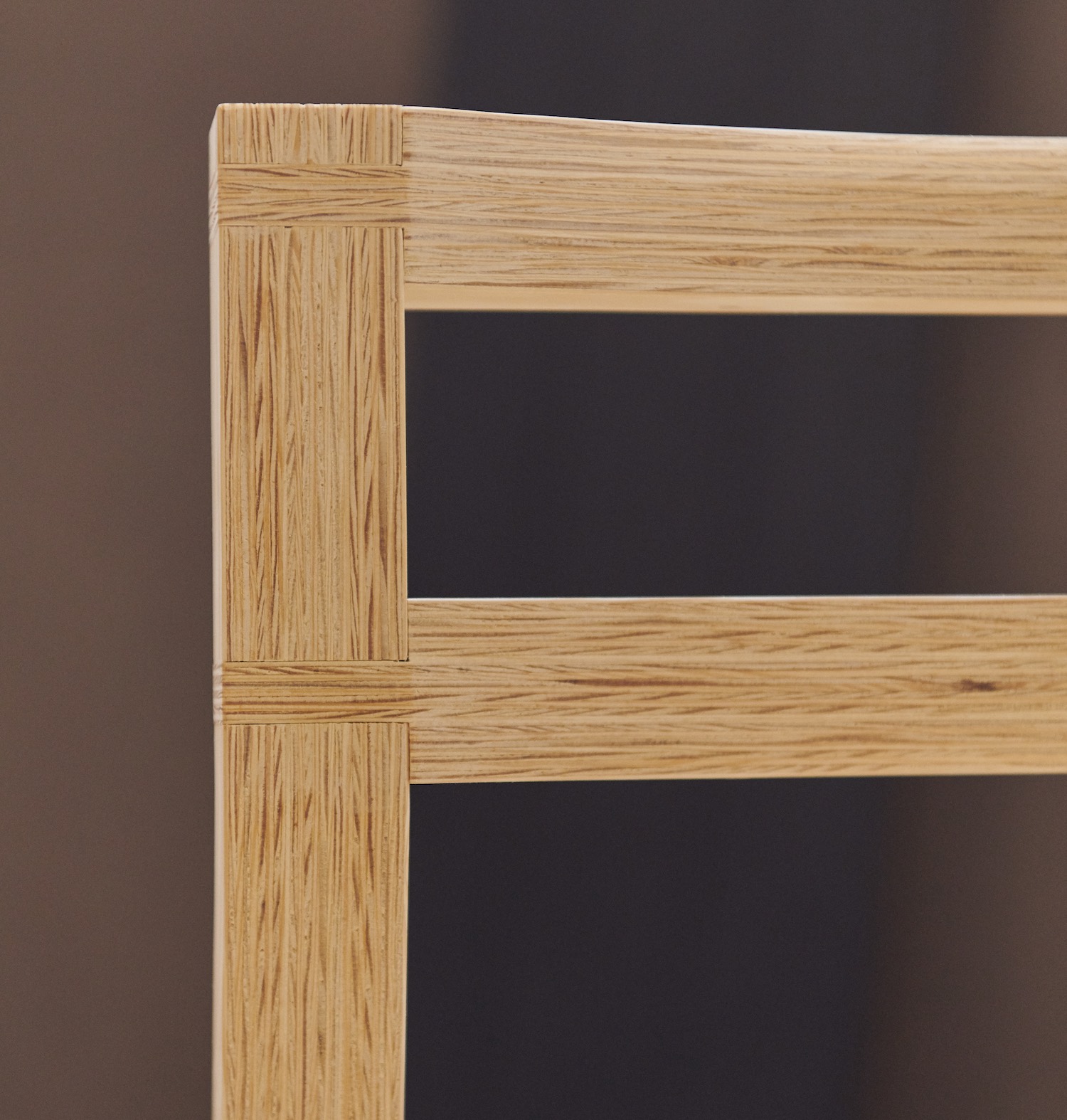
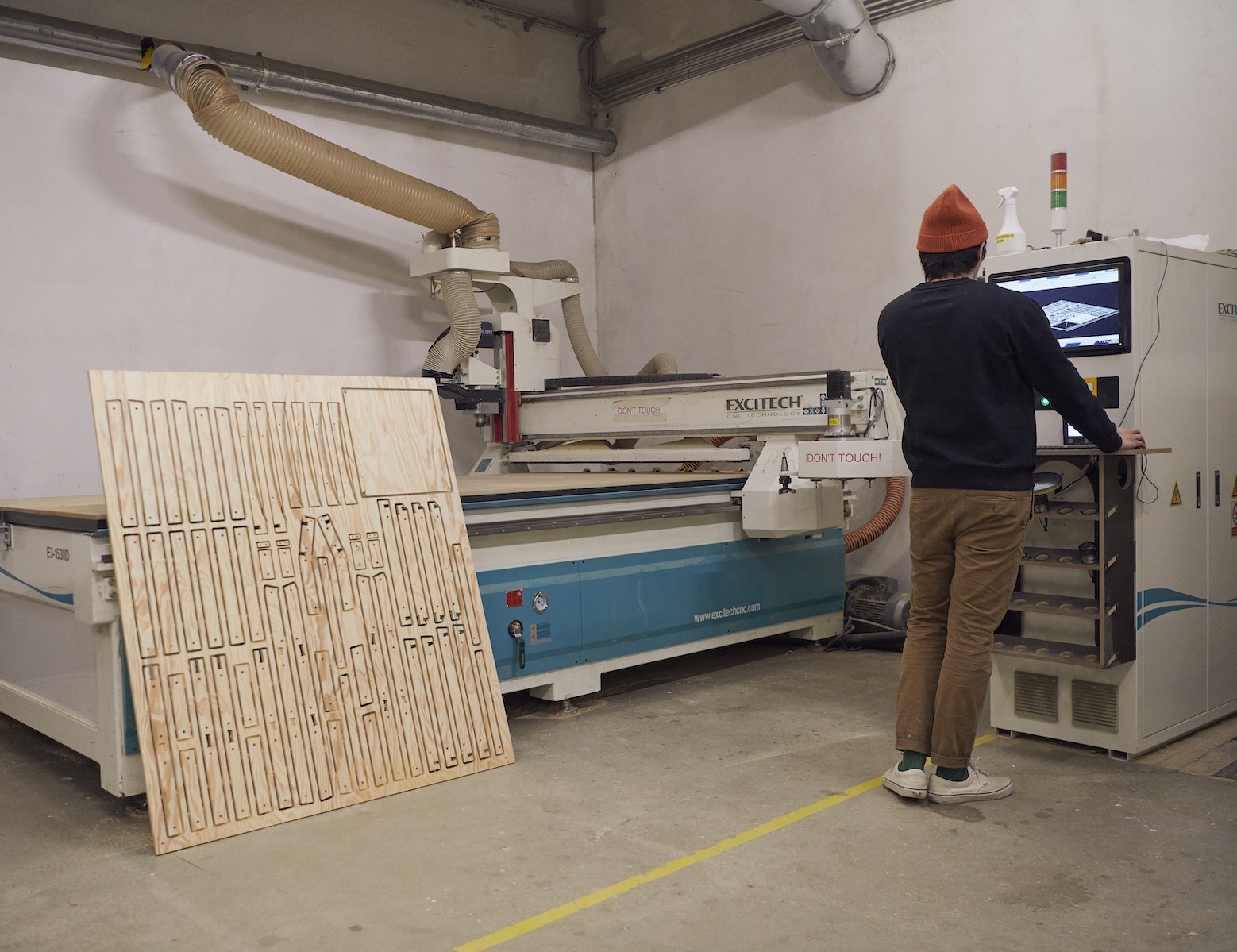
Their ongoing Furniture Studies series is a prime example of this – a series of chairs, stools and benches that are produced solely from CNC cut and glued layers of commonly sourced 12mm interior-grade pine plywood. The system was initiated and continues to be a study into methods of building; assemble a series of connections, to provide structure – a system that Archival Studies can grow into various scales and archetypes for larger projects. What separates this project from a simple collection of standardized parts is the implementation of traditional Chinese timber joint details that not only add strength, but an attention to detail that has become synonymous with the studio. This combination of contemporary digital techniques and a hands-on approach to detailing creates an overlap of influences within each project, resulting in richer outcomes;
“We are working to relate the digital tools to what the digital does not have, namely, the human aspect. The ability to reach this requires a mindful, reflective, and iterative approach that comes from achieving resonance with a particular situation.”
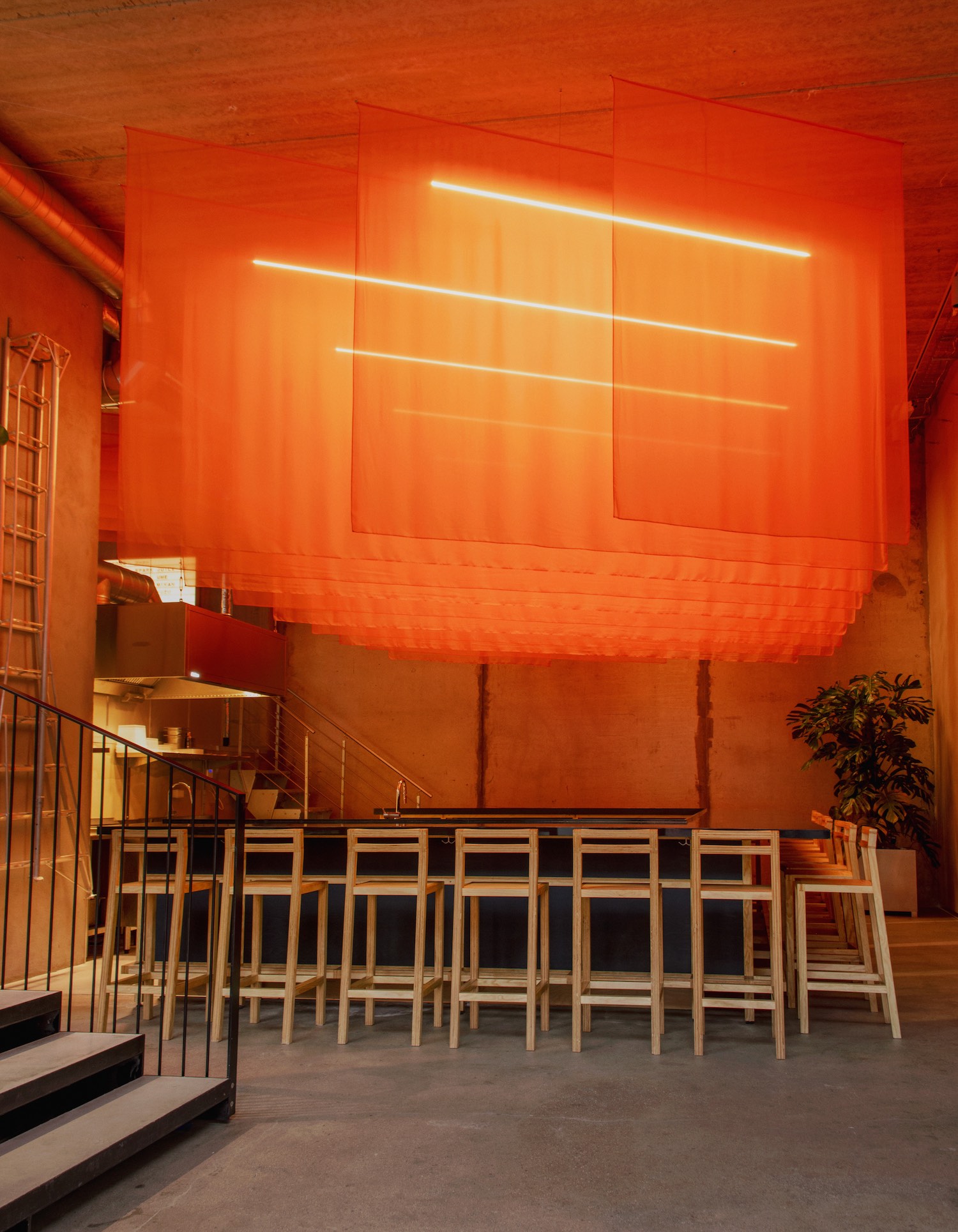
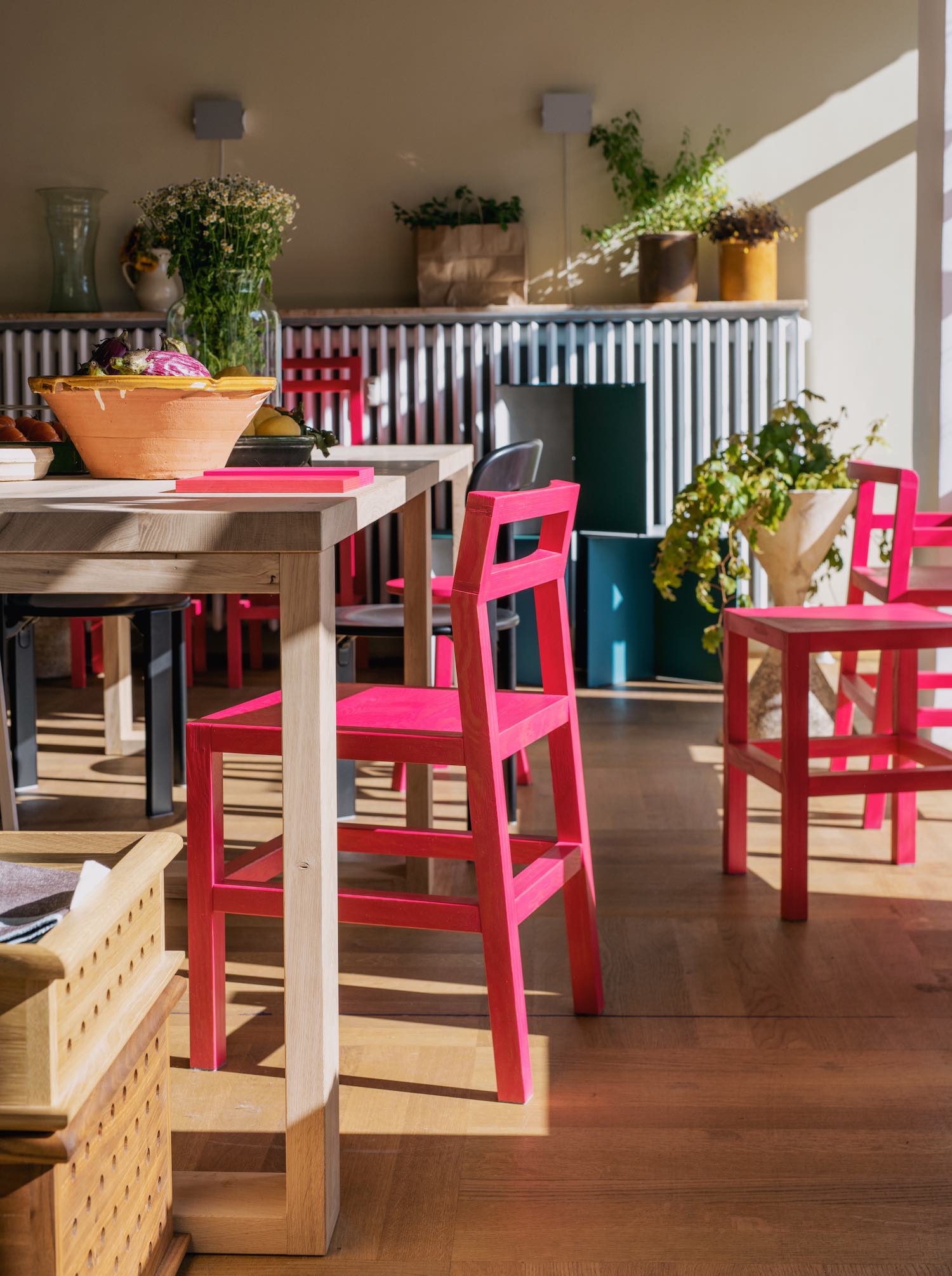
It is this mindful, inquisitive, and thorough approach to each aspect of their work that Archival Studies is currently implementing into projects of various scales moving forward. What started with furniture and interiors, their systematic and explorative approach to design language will see them move into new territories in 2021 and beyond.
